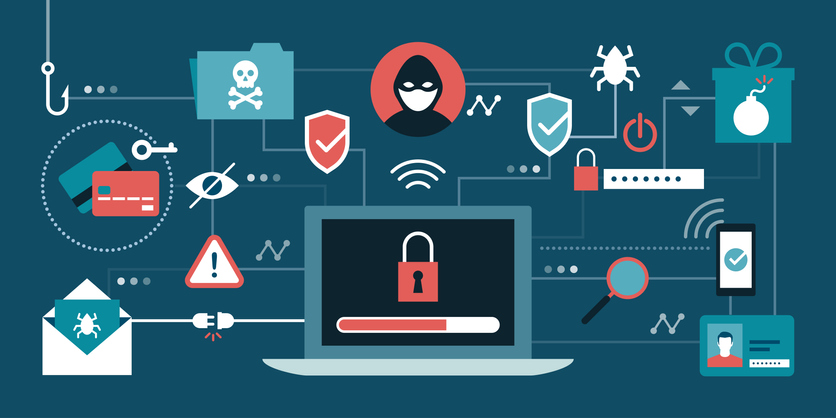Almost all organizations in 2022 use a CRM system to manage their customer and company data. That also means there are many additional opportunities for malicious actors to try and access your system to steal your data.
According to Verizon's 2020 Data breach Investigations Report 80 percent of online security breaches they investigated were the result of weak customer passwords.
What this means is that the primary threat to customer data comes by way of customers themselves. Using weak passwords, failing to implement competent online security policies, or failing to utilize the available application security tools available to them is the primary source for online security breaches.
In this article I will discuss six CRM security features to lock down your CRM system. These features are easy to use, and worth the small amount of time required to configure them. Especially if it can afford you some peace of mind.
Enable a Password Reset Policy
A password reset policy is a setting you enable when creating your CRM users, it sets the amount of time that is allowed to pass before each user needs to change their password.
The beautiful thing about a password policy is that your users do not get a choice on the matter. The next time they login to the CRM system, it will not let them proceed into the system without first updating their password. A good password reset policy is every three months.
You may be thinking, what if my users are lazy and choose a weak password? They are not allowed to, the CRM system has password strength requirements in place that prevent weak passwords from being chosen.
Monitor Your CRM Firewall
This is an easy one, as the admin of your CRM it is your responsibility to maintain your system. Part of that responsibility is to know what your users are doing within your system. The CRM Firewall is a great way to do this, especially to see if any of your users are trying any funny business.
The CRM Firewall is a feature only available to administrators, it is a log that shows each time a user was blocked by the system for insufficient privileges. These types of actions may include attempting to delete data they shouldn't be, re-assigning data to themselves that they don't have permission to change, or even attempting to download company data that you otherwise wouldn't want them to have.
The CRM Firewall is a great way to see if you have employees who are doing things they shouldn't be, and may be able to help you nip a future incident in the bud before it occurs.
Two-Factor Authentication
This is a feature everybody has heard of, and there is a reason for that - it works. With two-factor authentication enabled on your CRM, whenever a user logs on with a username and password the system will send them a 4 digit code to their cell phone. Before they are allowed access to the CRM they must enter the code successfully.
This feature may get annoying to use each time you login to your CRM software, but it will almost certainly prevent any script kiddies from successfully guessing your password.
With Snapforce CRM the system locks the login page after 5 failed login attempts, so you don't have to worry about people guessing your password so much. However it is still worth using the two-factor authentication.
Whitelist Specific IP Addresses For CRM Access
This is a feature that definitely comes in handy when you only want your employees accessing the CRM from your office, or their home. Whitelisting specific IP addresses means anybody who attempts to login to your CRM system who is not on your allowed list of IP's will be blocked, and will not get past the login page.
If you have users who need access from the road, that is okay. You can choose to omit certain users from the IP address restrictions.
Export Restrictions
In the security settings of your CRM system there is an option to restrict which users have permission to export data. This is something worth adjusting because it normally permits all users from exporting the data in which they are assigned.
If you not prefer your users can export data, changing your CRM export restrictions setting is an easy change to make and may save you a headache down the road.
CRM Session Idle Time
The session idle time of your CRM system is another feature that can help prevent unwanted people access to your system. For example if you login to your CRM from a public computer, and forget to logout, the next person who uses that computer may still have access to your system.
Lowering the session idle time of your CRM system can help prevent this. There is a downside to lowering it too much however, the lower it is the more often your CRM session will timeout and you'll be forced to log in again.
It is really only necessary to have a session idle time lower than 30 minutes if you login to your CRM system from public computers. Otherwise if you only login from your home or office it may not be something you're too concerned about.
Conclusion
CRM software security is something we take extremely seriously at Snapforce, but there is only so much we can do if you don't keep the client facing side of the system (your side) secure. That means making sure your users are using secure passwords, regularly changing their passwords, and maintaining strong operational security.

